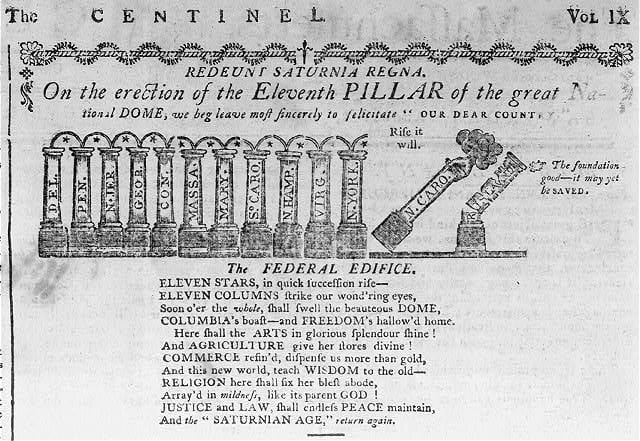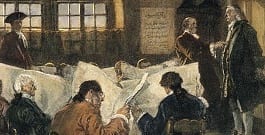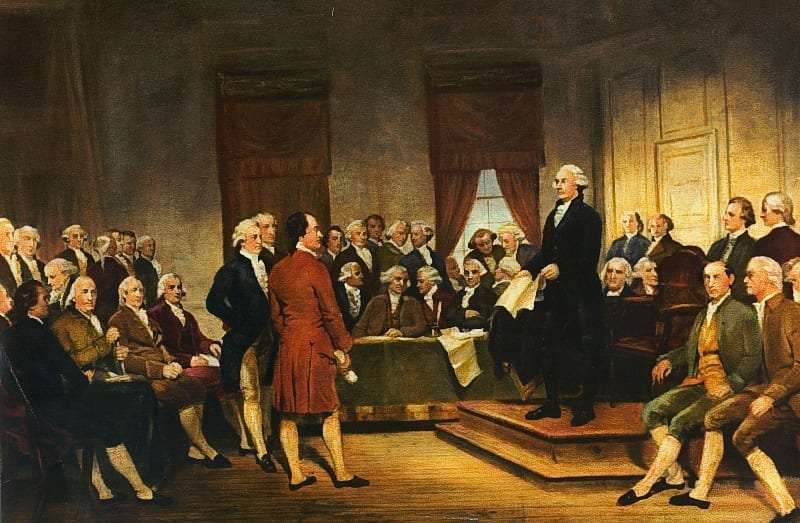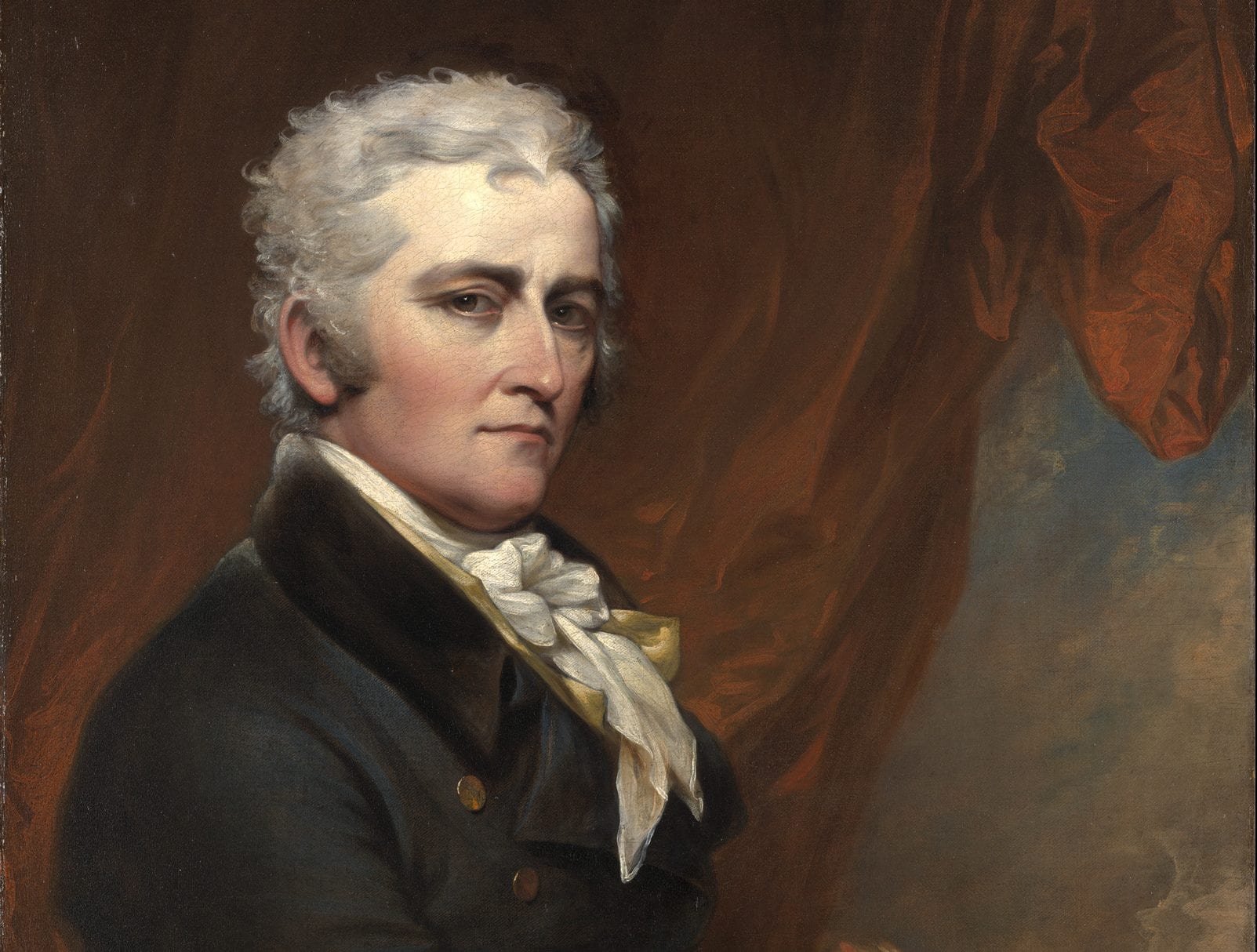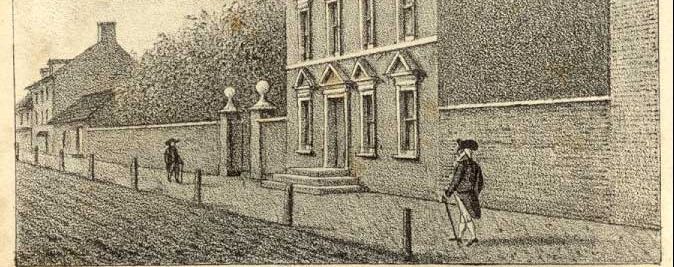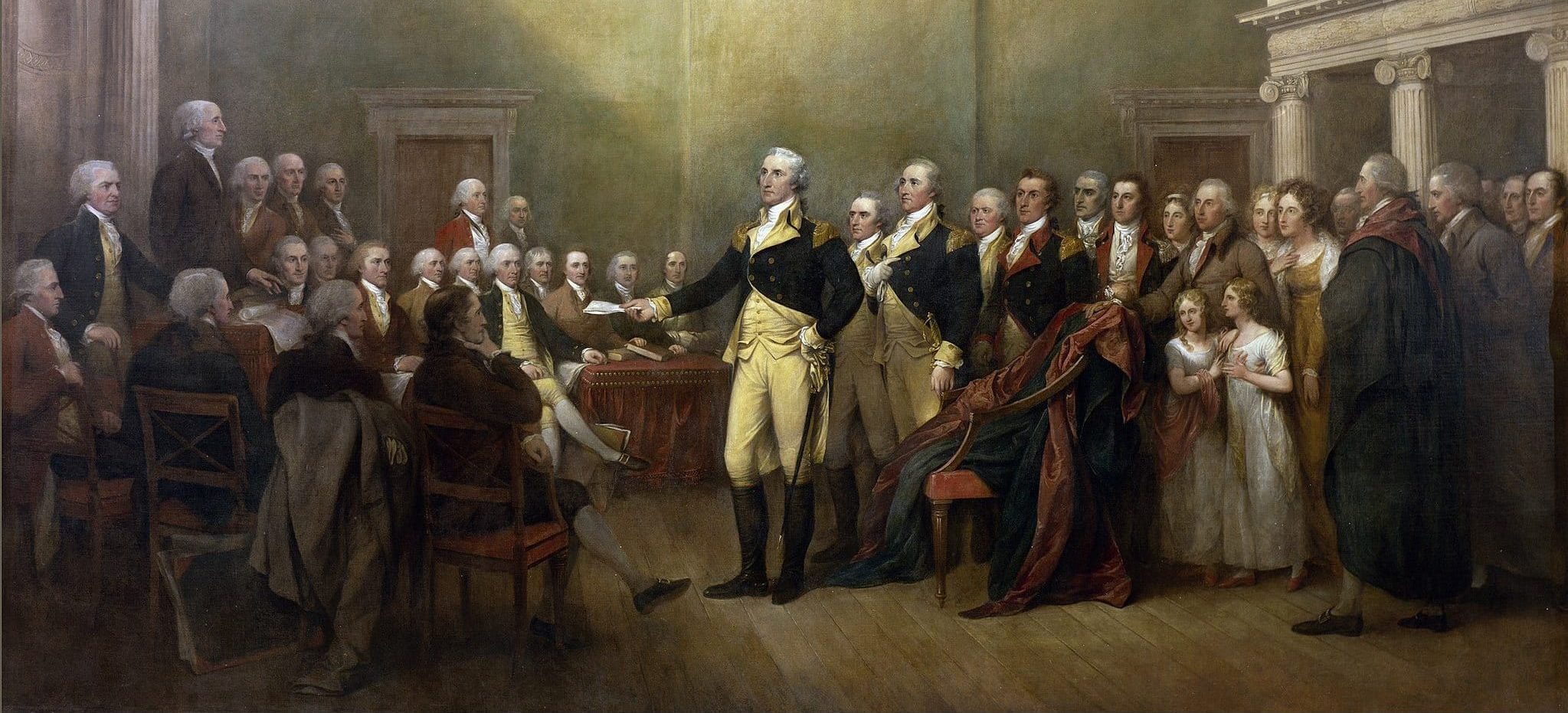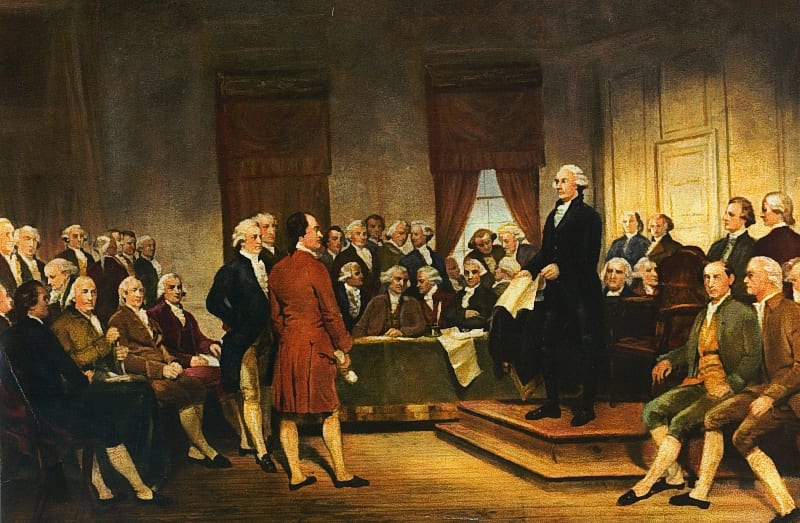To the People of Connecticut.
If the propriety of trusting your government in the hands of your representatives was now a perfectly new question, the expediency of the measure might be doubted. A very great portion of the objections which we daily find made against adopting the new constitution, (and which are just as weighty objections against our present government, or against any government in existence) would doubtless have their influence; and perhaps would determine you against trusting the powers of sovereignty out of your own hands. The best theory, the best philosophy on the subject, would be too uncertain for you to hazard your freedom upon.
But your freedom in that sense of the expression (if it could be called sense) is already totally gone. Your Legislature is not only supreme in the usual sense of the word, but they have, LITERALLY, all the powers of society. Can you—can you possibly grant any thing new?—Have you any power which is not already granted to your General Assembly? You are indeed called on to say whether a part of the powers now exercised by the General Assembly, shall not, in future, be exercised by Congress. And it is clearly much better for your interest, that Congress should exercise those powers, than that they should continue in the General Assembly, provided you can trust Congress as safely as the General Assembly.
What forms your security under the General Assembly? Nothing, save that the interest of the members is the same as yours. Will it be the same with Congress? There are essentially only two differences between the formation of Congress and of your General Assembly.—One is,—that Congress are to govern a much larger tract of country, and a much greater number of people, consequently your proportion of the government will be much smaller than at present. The other difference is—that the members of Congress when elected, hold their places for two, four, and six years, and the members of Assembly only six and twelve months.
The first of these differences was discussed pretty fully in the first number, (when there was no idea of proceeding thus far on the subject)and has all the force as an objection against the powers of Congress, that it would have if applied to a proposal to give up the sovereignty of the several towns of the state, (if such sovereignty had existed) and unite in state government.
It would be only a repetition to enter into a consideration of this difference between Congress and your assembly.
It has been suggested that the six or eight members which we shall send to Congress will be men of property, who can little feel any burthens they may lay on society. How far is this idea supported by experience? As the members are to pay their proportion, will they not be as careful of laying too great burthens as poorer people? Are the rich less careful of their money than the poor? This objection would be much stronger against trusting the power out of your hands at all. If the several towns were now independent, this objection would be much more forcible against uniting in state government, and sending one or two of your most wealthy men to Hartford or New-Haven, to vote away your money. But this you have tried, and have found that assemblies of representatives are less willing to vote away money than even their constituents. An individual of any tolerable economy, pays all his debts, and perhaps has money beforehand. A small school district, or a small parish, will see what sum they want, and usually provide sufficiently for their wants, and often have a little money at interest.
Town voters are partly representatives: i.e. many people pay town taxes who have no right to vote, but the money they vote away is principally their own. The towns in this state tax themselves less willingly than smaller bodies. They generally however tax themselves sufficiently to nearly pay the demands against them within the year, very seldom raise money beforehand by taxes. The General Assembly of this state could never be induced to attempt to do more than pay the annual interest of what they owe, and occasionally sink very small parts of the principal, and they never in fact did thus much. And we are all witnesses that they are full as careful of the public money as we can wish. It never was a complaint that they were too ready to allow individuals large sums. A man who has a claim against a town, and applies to a town-meeting, is very likely to obtain justice: But he who has a claim against the state, and applies to the General Assembly, stands but a poor chance to obtain justice. Some rule will be found to exclude his claim,—or to lessen it,—or he will be paid in a security—not worth half the money.
You have uniformly experienced that your representatives are as careful, if not more so, of your money, than you yourselves are in your town-meetings; but still your representatives. are generally men of property, and those of them who are most independent, and those whom you have sent to Congress, have not been by any means the least careful.








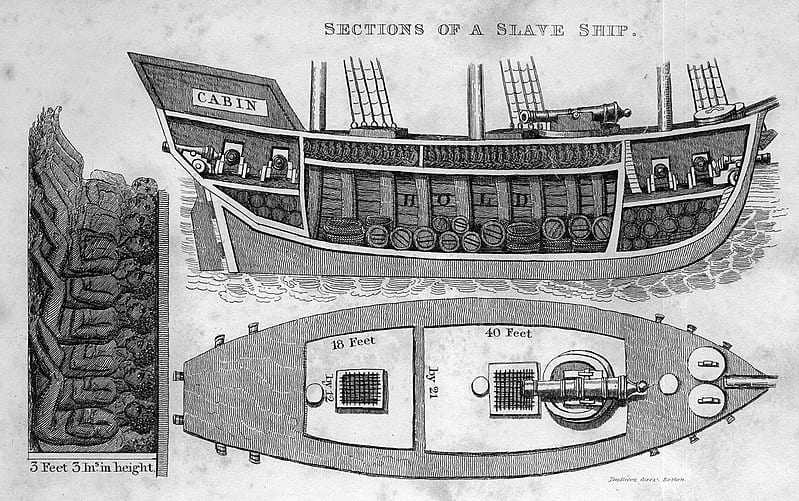






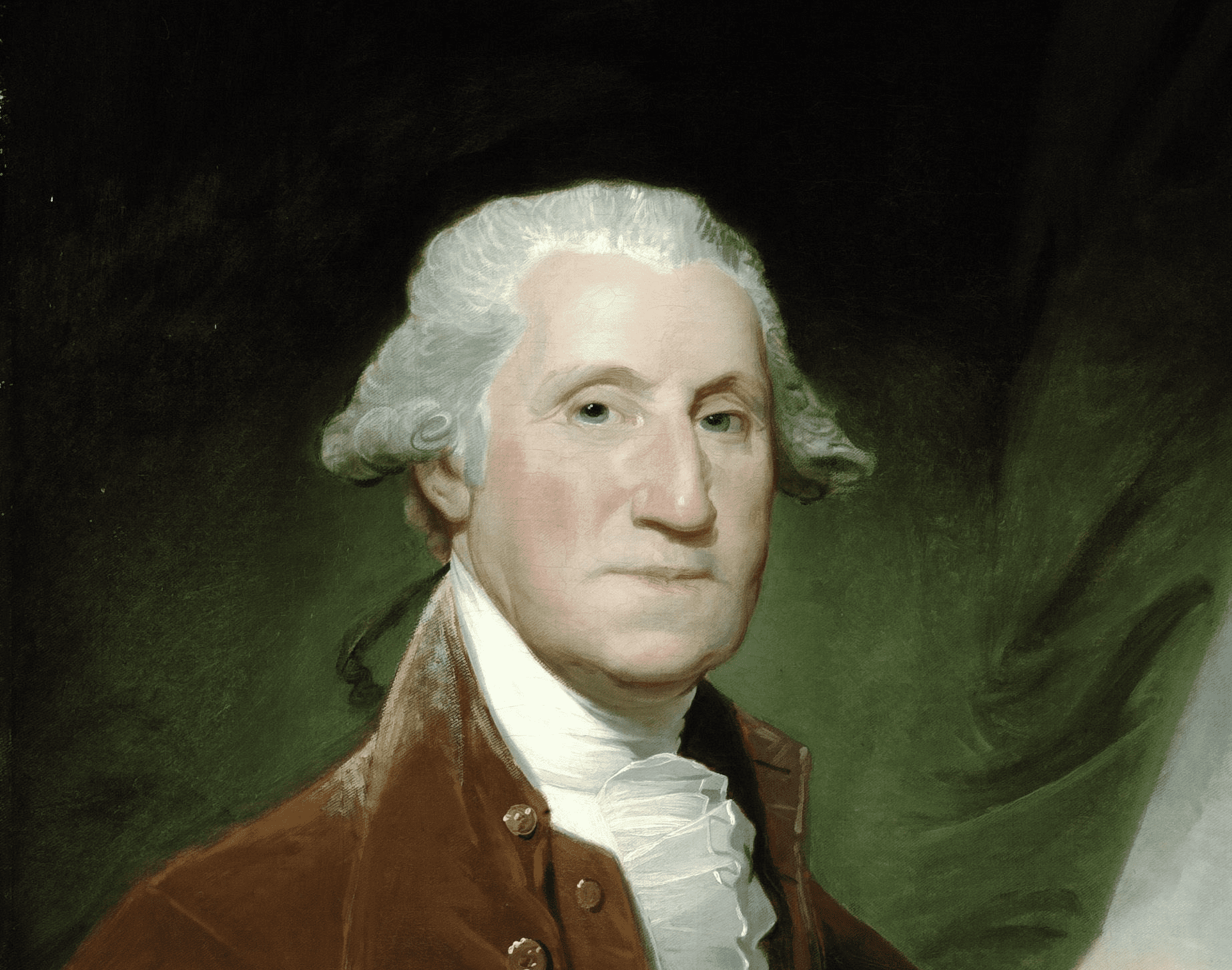
















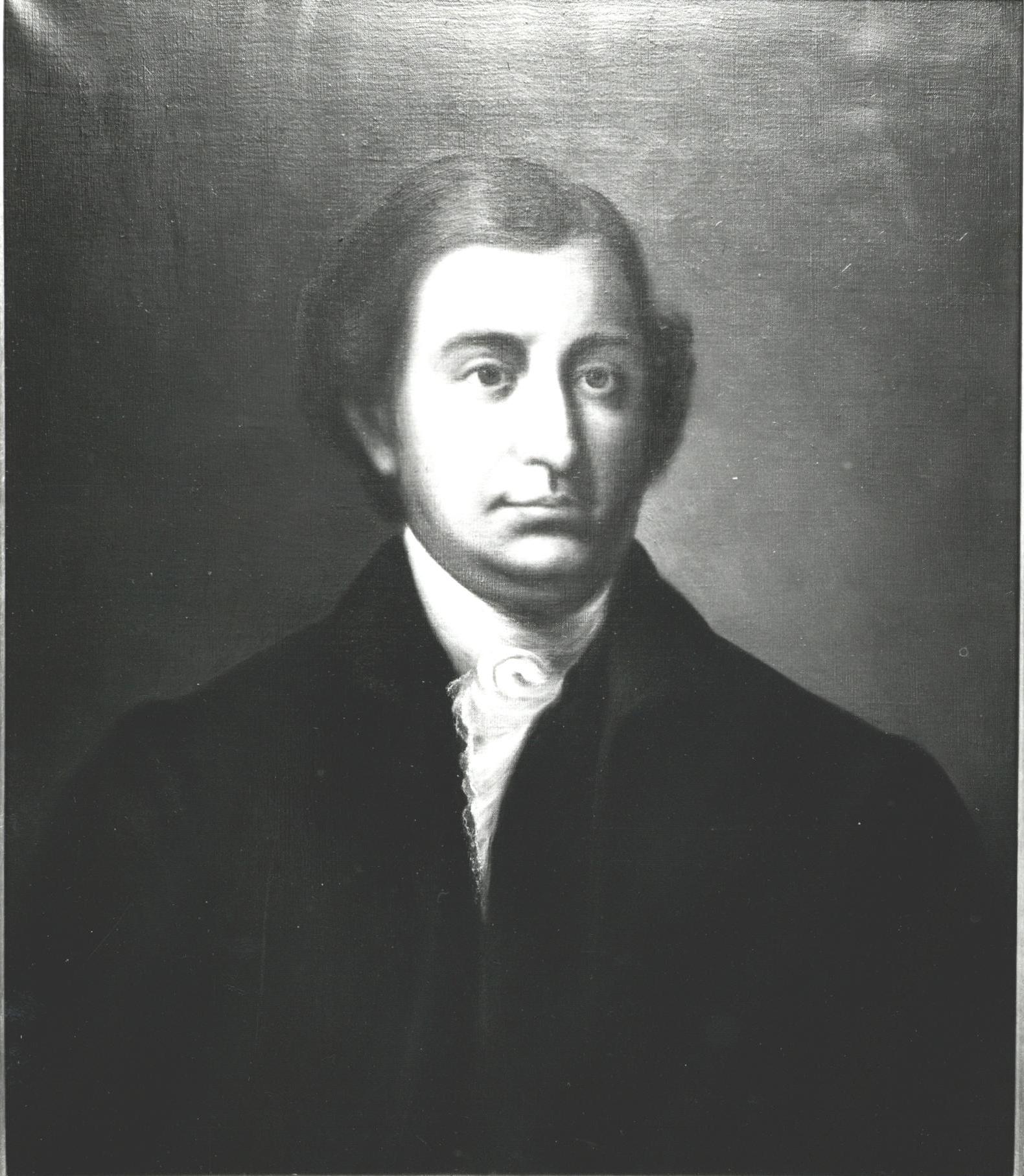
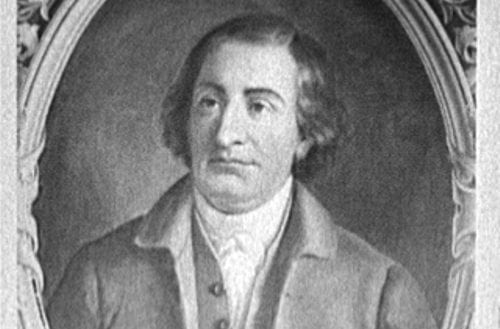



















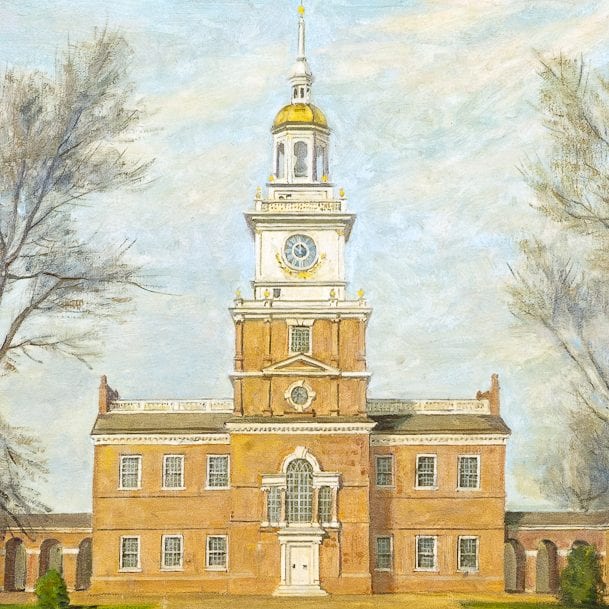

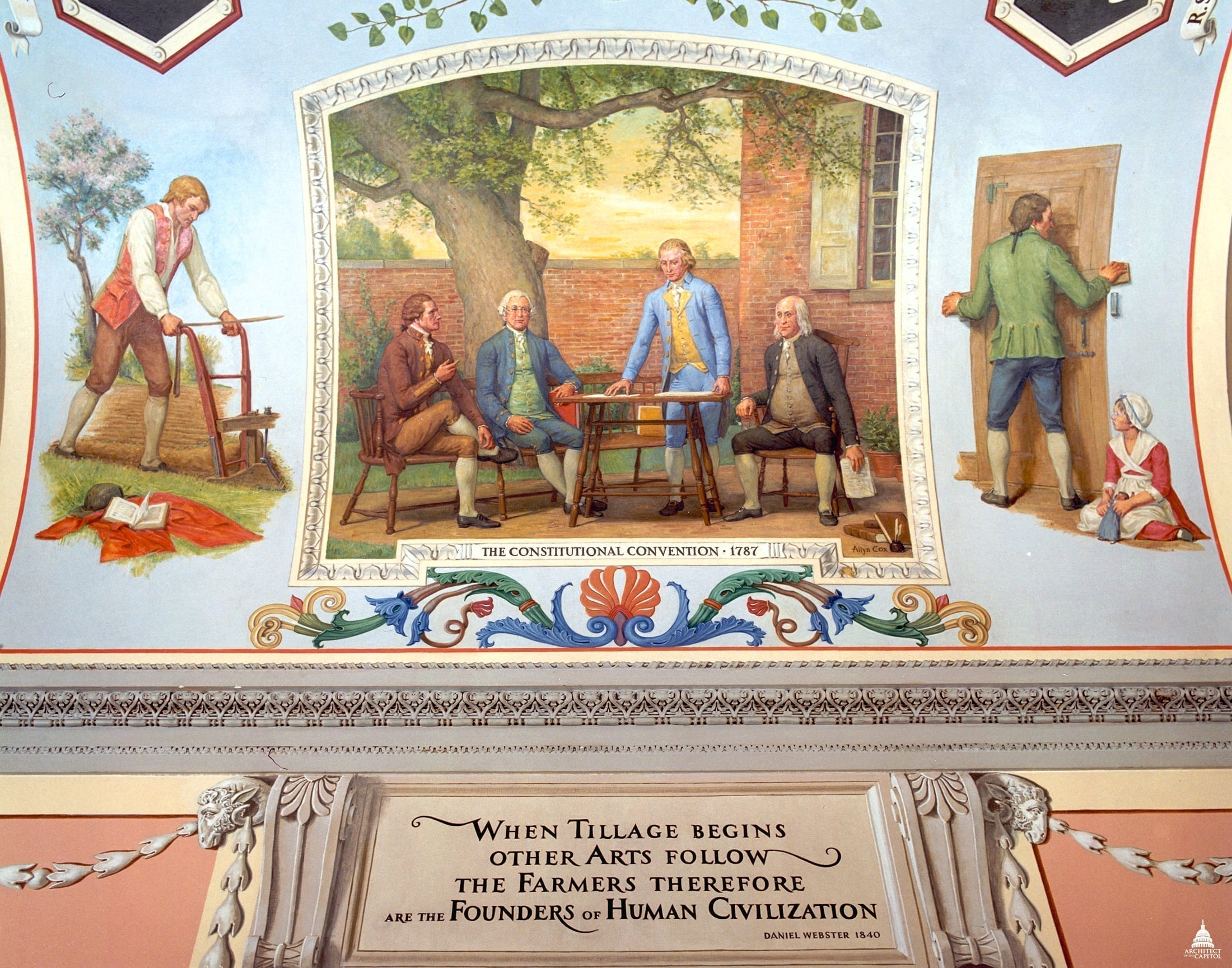

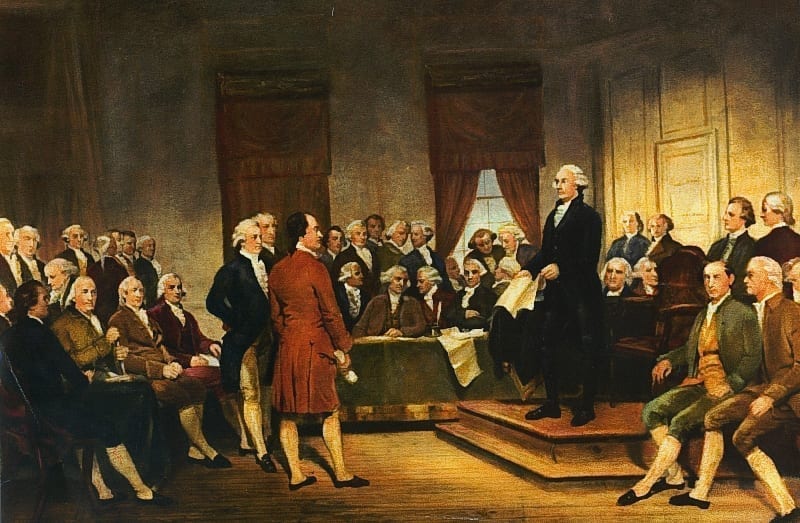


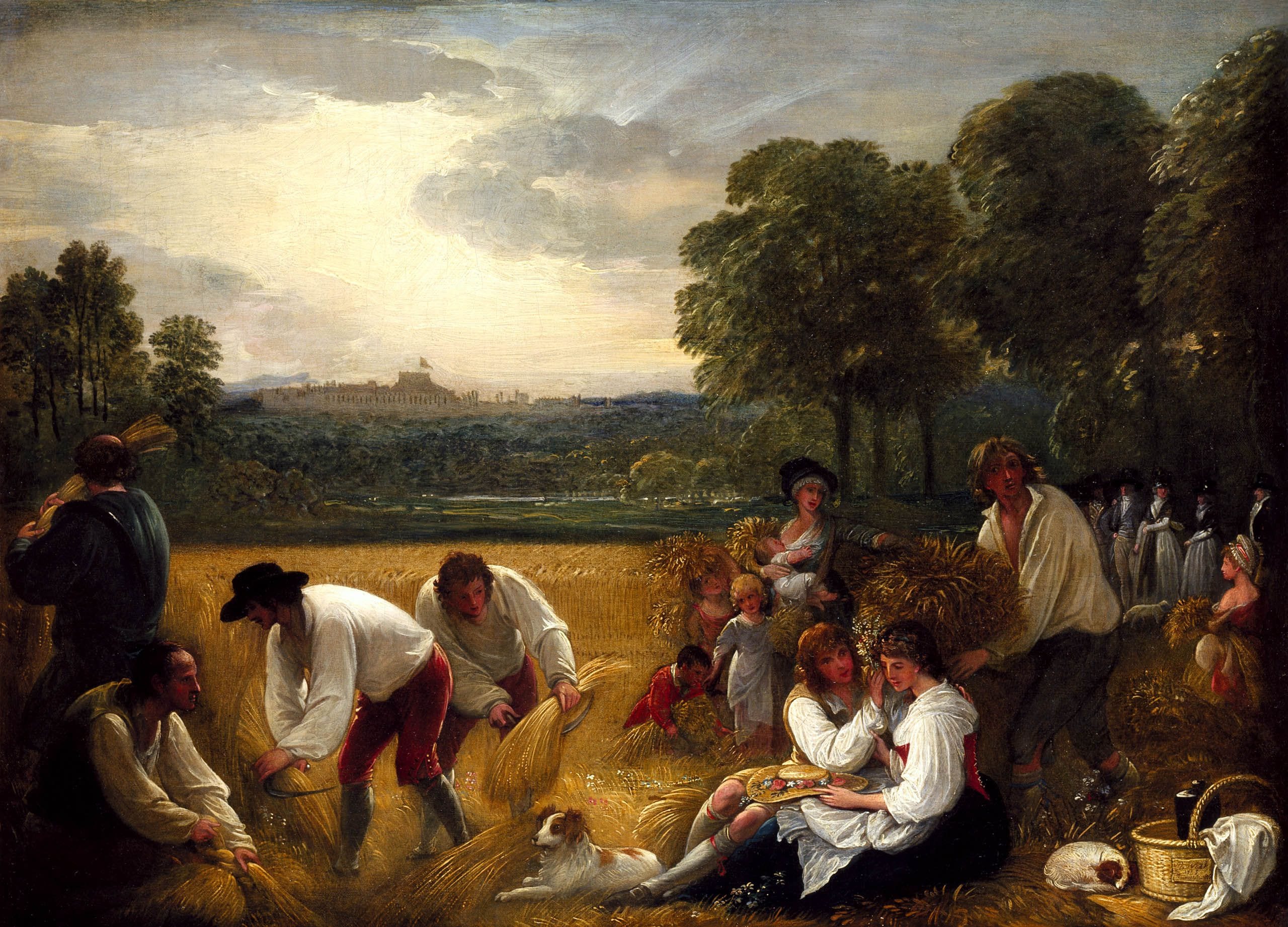
















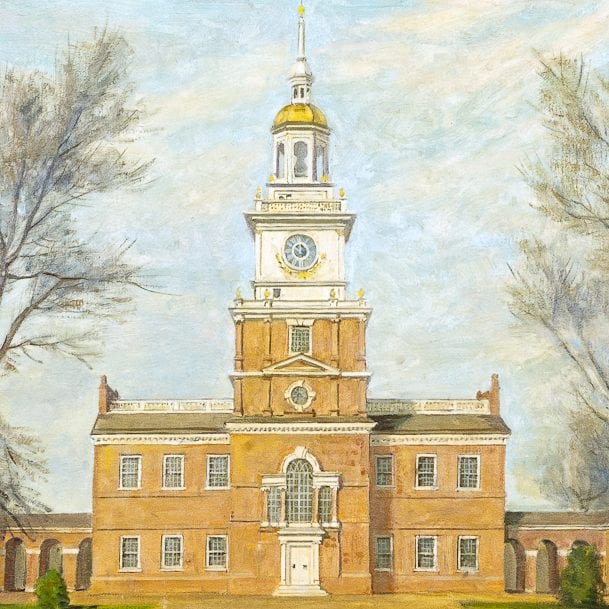
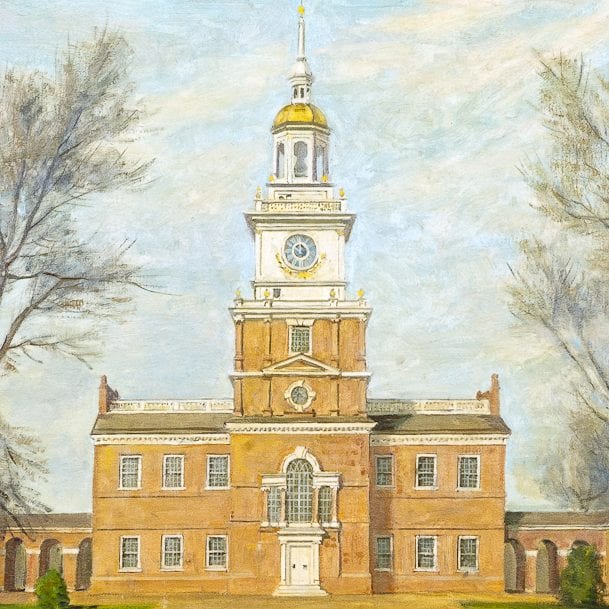

































































































![Finley, A. (1829) Pennsylvania. Philada. [Map] Retrieved from the Library of Congress, https://www.loc.gov/item/98688548/.](/content/uploads/2024/02/Map-of-PA--273x190.jpg)





















